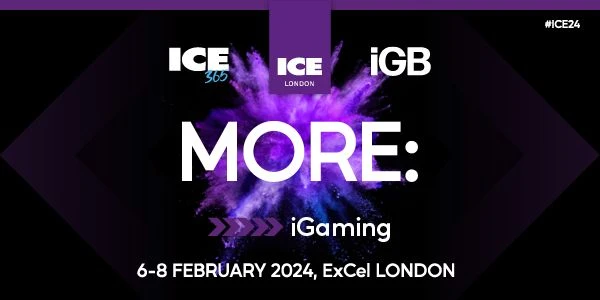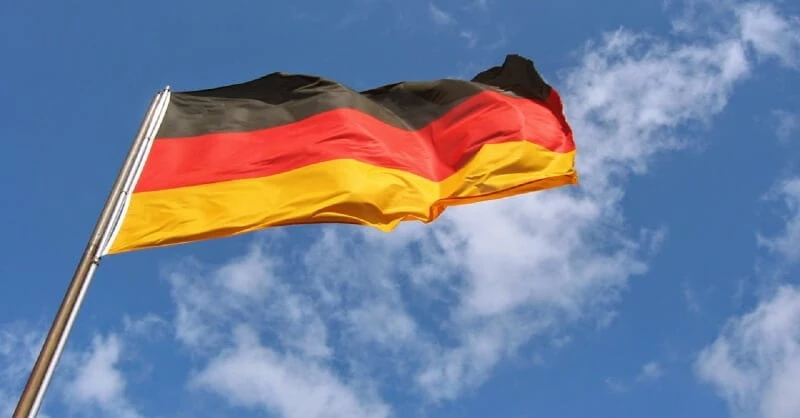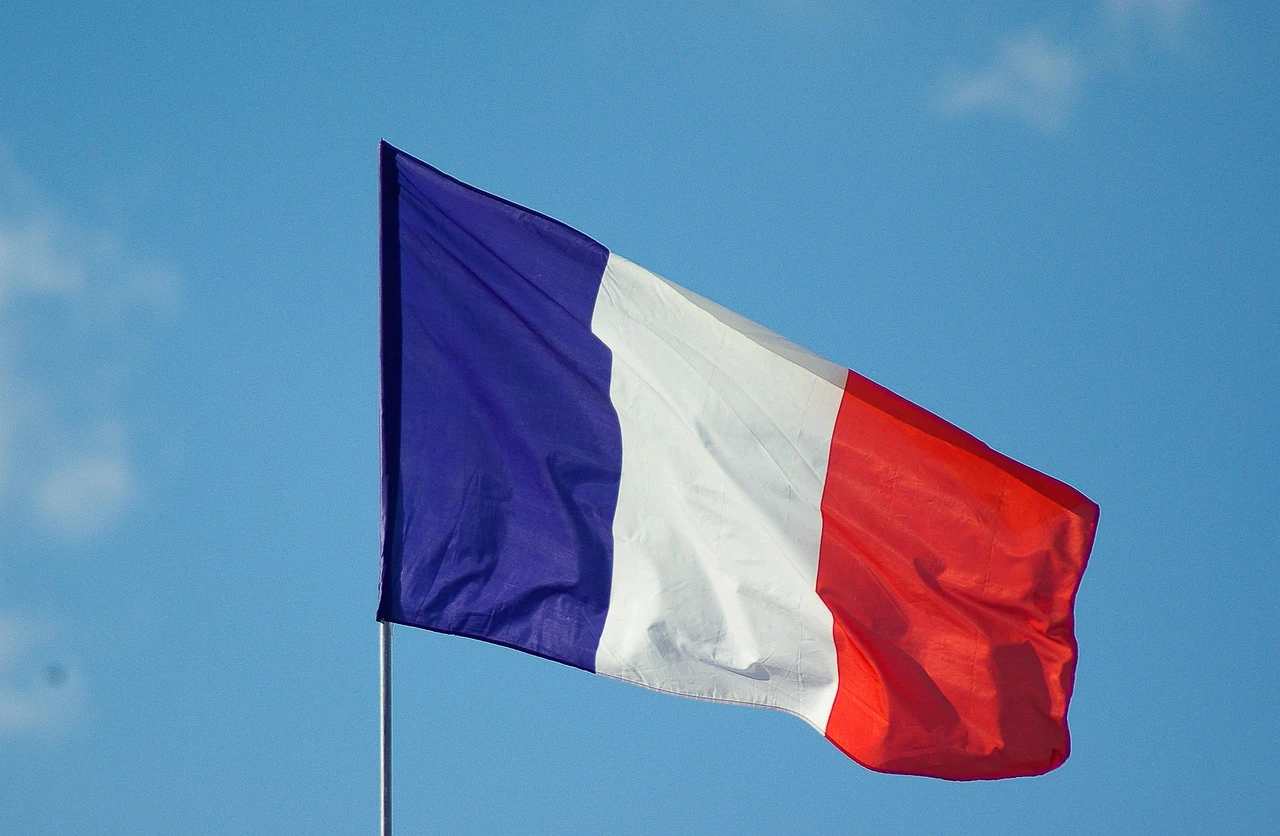Road to ICE 2024: Solving Europe’s igaming black market problem

One such country with real regulation issues in regards to igaming is Germany. A recent study found nearly half of all online gambling in the country takes place with unlicensed operators.
This has put the German gambling regulator (GGL) under increasing pressure to make regulated casinos a more attractive proposition in 2024.
Elsewhere, France is another European nation struggling to deal with illegal gambling. The country’s regulatory body recently unveiled an action plan to help target the black market.
Germany struggling to control the igaming black market
At a recent conference in Germany, it was said the country’s licensed gambling operators are under more pressure from black market competition than ever before.
It’s a statement that’s hard to argue with, after a study in the wake of that conference stated the State Treaty on Gambling, in operation since July 2021, is missing its primary objective of ensuring all online gambling takes place on licensed sites.
The study found three-quarters of online revenue is generated through the black market. As a result, hundreds of millions in annual tax revenue is missed out on.
The findings prompted the German Online Casino Association (DOCV) and the German Sports Betting Association (DSWV) to call for urgent measures to tackle the issue, primarily by making the licensed market more attractive to players.
These include a GGL review into the current regulatory environment, as well as greater collaboration between the GGL, political bodies, interest groups and the regulated industry. Taxation is also an area the DOCV and DSWV want to be looked at, as well as more flexible regulation.
Gambling harm fears
Since the launch of Germany’s legal online casino market in July 2021, there have been concerns over the rise of addiction.
These fears manifested themselves in a study last year that revealed four out of 10 of those gambling on slot machines in Germany suffer from gambling harm. The report was the first to measure gambling harm in the country.
Entitled “Gambling Atlas Germany 2023: Numbers, Data, Facts”, the report also stated online casino holds the highest risk for problem gambling.
Of these more high-risk games, 46% of men take part weekly or daily, compared to 35% of women. Slots are recognised as the highest contributor to problem gambling, with four out of 10 players at risk of harm.
The report declared 2.3% of Germany’s population between 18 and 70 years of age suffer from gambling harm. In absolute numbers, this is the equivalent of 7.7% of all those who gamble, or 1.3 million people in total.
The prevalence of illegal play in Germany isn’t helping the cause in regards to problem gamblers. Burkhard Blienert of the Federal Council on Addiction and Drug Issues warned the illegal gaming machine market is growing, too.
However, the German government maintains a desire to tackle illegal gambling in tandem with tight controls on the regulated market.
But with illegal online gambling such a problem in Germany and the GGL’s strict regulation believed by some to be only benefitting the black market, 2024 will be an intriguing year to see how the country fares in tackling the issue.
Lack of regulation in France driving black market interest
While attempts were made in 2023 to legalise igaming in France, online casino remains prohibited in any form. This is despite online sports wagering being legal, as well as licensed land-based casinos.
Bill 1,248, which set out proposals to open a regulated online casino market in France, may yet be passed. Until then, however, the absence of regulated igaming means the black market is on the rise.
Research published by the French gambling regulator l’Autorité Nationale des Jeux (ANJ) in late 2023 estimated the illegal gambling market in the country could be worth up to €1.5bn (£1.28bn/$1.62bn). This would account for more than 10% of the total wagered across France each year.
510 illegal websites were identified to be generating traffic. Of these, just 21 of them were estimated to generate 60% of the illegal gambling traffic.
The study, carried out by PwC, estimated the gross gaming revenue generated by illegal gambling is between €748m and €1.5bn. This makes up between 5% and 11% of the total gambling market, which was worth a record €12.9bn in 2022.
Plans to tackle the igaming black market
In September, an amendment to a proposed bill looked to facilitate the fight against illegal online casino offerings in France. It planned to do this by authorising land-based casinos to offer online gambling.
The ANJ also revealed its plan to tackle illegal gambling. Having blocked more than 300 websites in the last year, the ANJ will look to take action to warn publishers of software and those who provide hosting solutions for illegal sites. Action will also be taken against payment service providers that facilitate financial flows between illegal operators and players.
Half of the illegal gambling websites whose operators have been identified are owned by companies registered in Curaçao. Therefore, the ANJ announced plans to make reports to the relevant authorities so that proceedings can be brought against those in Curaçao or Cyprus running these sites.
The ANJ intends to enhance the exchange of information and best practices with its European counterparts. Finally, it will also seek to raise public awareness of the dangers of illegal gambling.
Whether these ANJ measures will succeed remains to be seen, but the potential legalisation of France’s igaming market and its subsequent impact on the illegal market is certainly one to keep an eye on.




